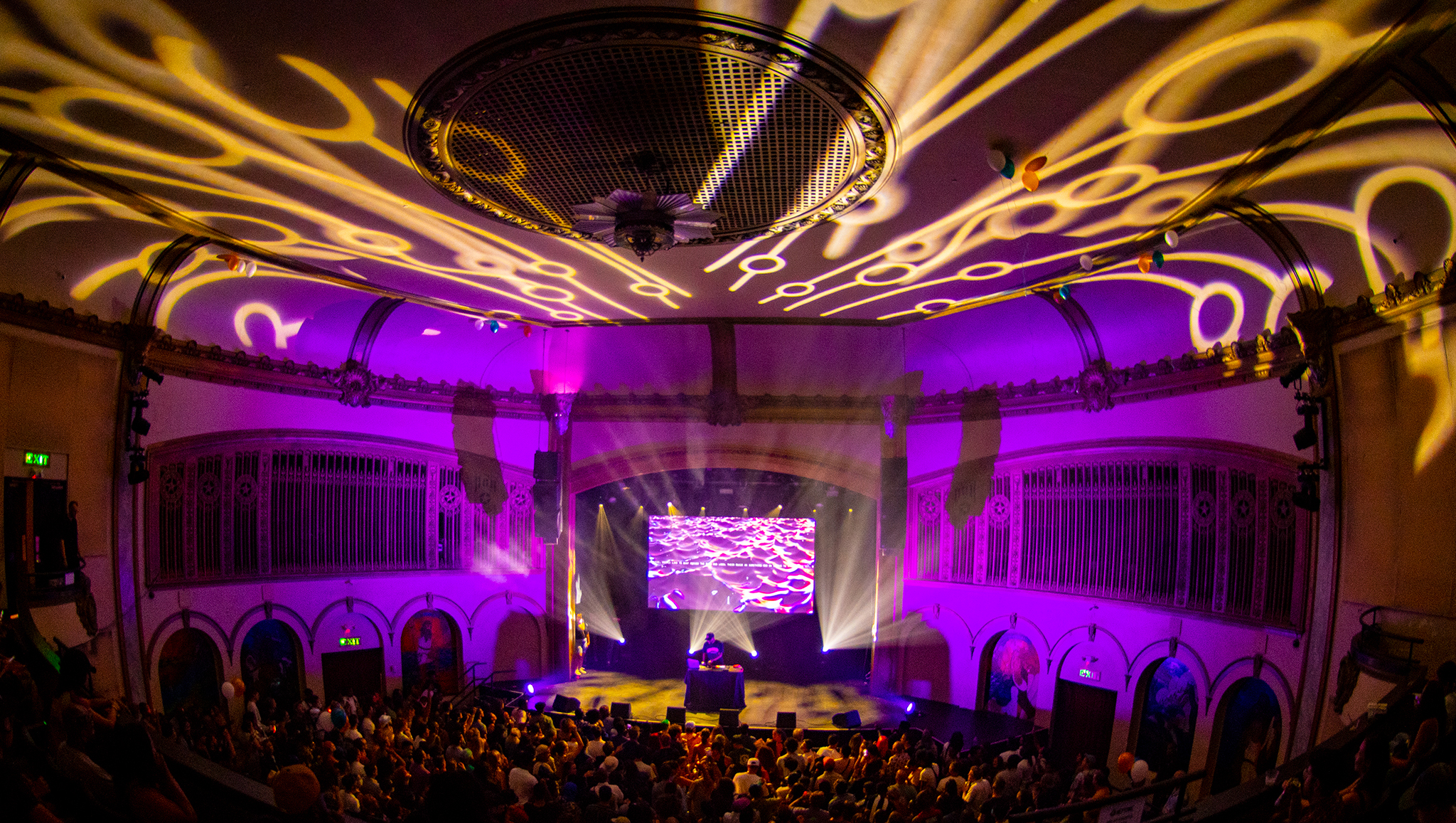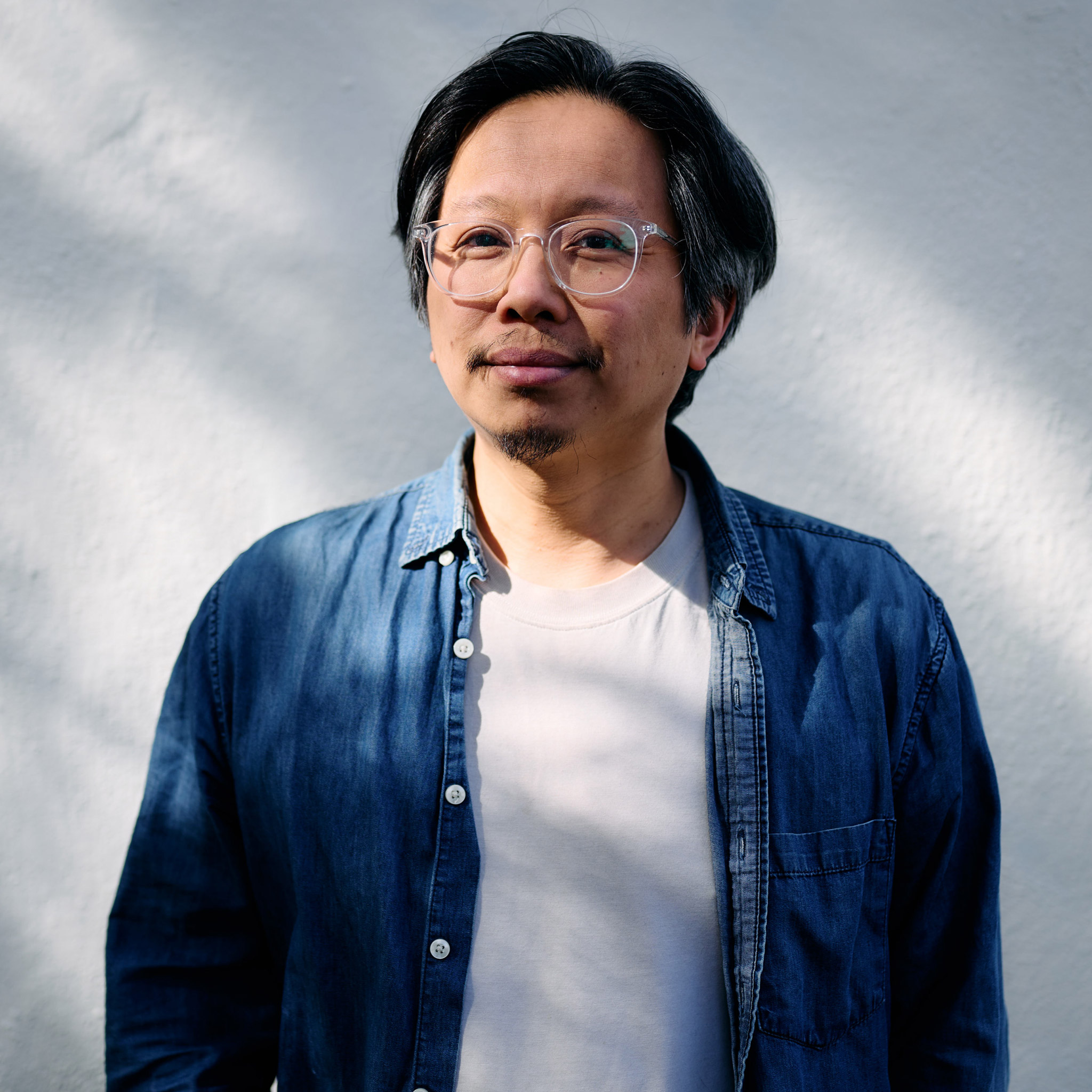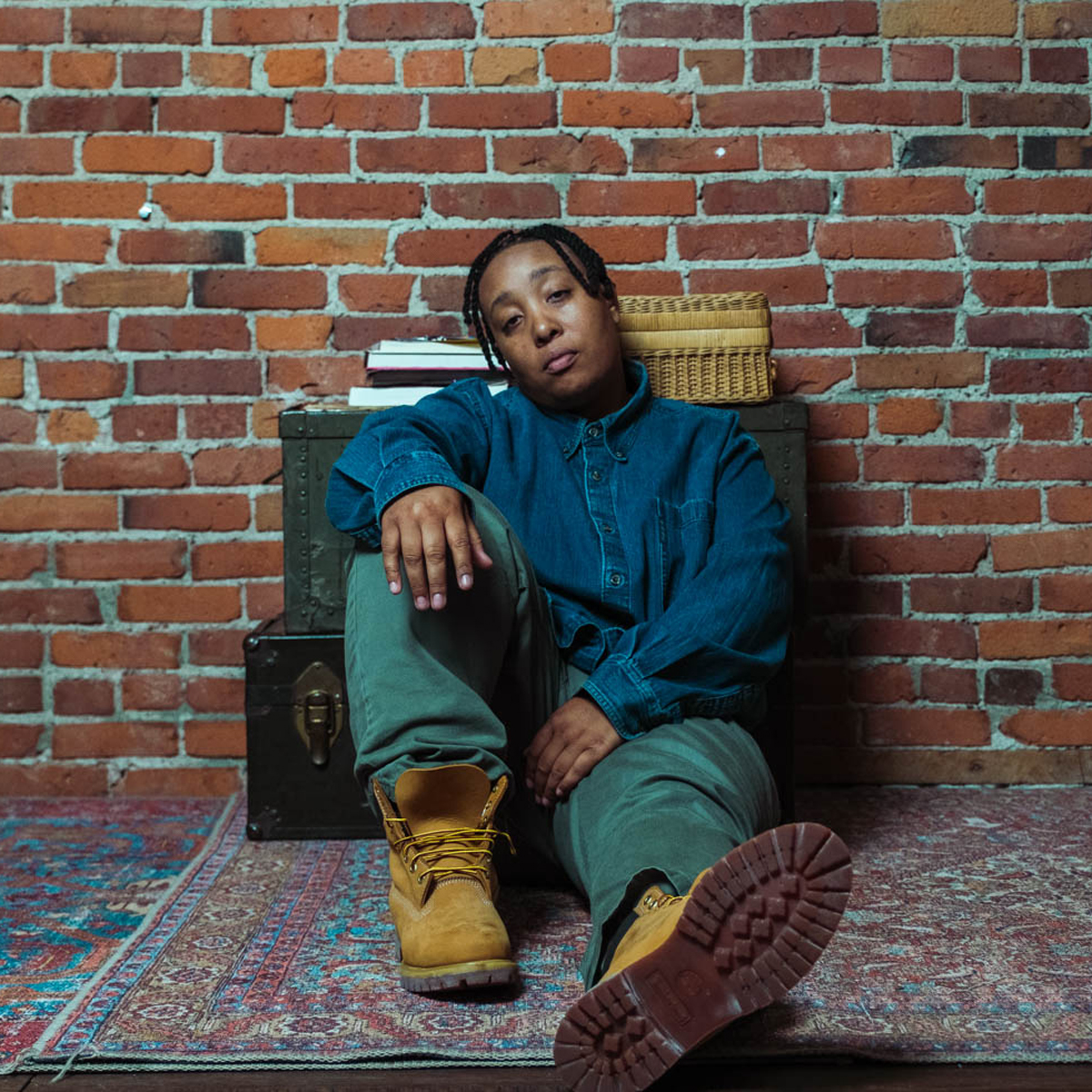Washington’s music industry is a cultural cornerstone and a significant economic engine.
From independent venues and global superstars to studio engineers, educators, and nightlife workers, music fuels local economies across every region of the state. It generates billions in economic impact, drives tourism, supports thousands of jobs, and helps define Washington’s global identity.
But behind the music is a fragile ecosystem under pressure.
The Washington State Music Census is a first-of-its-kind effort to collect critical data directly from those who make music possible—from artists and venue operators to sound techs and promoters. This data will inform policies and investments that protect and strengthen our music ecosystem, ensuring this powerful sector continues to thrive.
With the right support, Washington’s music industry can remain a world leader in creativity, innovation, and economic impact. But the industry faces serious challenges: rising costs of living, lack of access to healthcare and affordable housing, an unstable gig-based workforce, and increasing financial pressure on independent venues that are vital to local economies and cultural life.
Your attention and action can help us build a sustainable future for music in Washington.
The music census is the first step.
Washington GDP contributions by sector
Washington’s music ecosystem generates more direct GDP than electric power, semiconductors or spectator sports-and that’s before creating a powerful multiplier effect across the state economy.
Washington’s music ecosystem direct GDP is larger than electric power generation, semiconductor manufacturing, and spectator sports in the state.
For every $1 million in music-driven value, the state economy gains an additional $600,000, making it a powerful creative engine in Washington’s economy.
Economic Impact
The music industry is an ENGINE for Washington State’s economy.
49,200
Direct Jobs Supported
74,700
Total Jobs Supported
1.5
Jobs Supported By Each Music Job
$2.8B
Direct Income Labor
$4.8B
Total Labor Income
$6.3b
Ecosystem Direct Contribution to GDP
$9.9b
Total Contribution to GDP
$427m
Local Tax
$777m
State Tax
$1.1b
Federal Tax
The People Behind the Music — and the Pressures They Face
Washington’s vibrant music scene is no accident — it’s built by artists, business owners, and behind the-scenes workers whose creativity and labor drive one of our state’s most powerful cultural and economic engines. But this ecosystem has been under strain for far too long.
The pandemic exposed just how fragile our industry is — but the truth is, many of these struggles existed long before 2020. Today, we’re still in recovery, trying to rebuild within a system that too often rewards those furthest from the local communities that sustain it.
Artists are navigating financial precarity, rising costs, and limited career support and it’s taking a huge strain on their mental health.
Independent business owners are being pushed to the brink by operating expenses and regulatory hurdles.
Music workers face unstable gigs, low wages, and a lack of access to healthcare, housing, and basic protections, and burnout.
These challenges are urgent — but they are not inevitable.
With the right data, policy, and public investment, we can build a stronger, fairer, more sustainable future for music in Washington.
Retention
A Tipping Point for Washington’s Music Workforce
Washington’s music community is at risk of losing the very people who power it. According to the Washington State Music Census:
- 40% of musicians are considering leaving the state due to housing costs.
- 44% expect to relocate within Washington for the same reason.
- 32.9% of music workers are considering suspending their careers altogether.
- Over 32% are considering leaving the industry entirely to pursue other work.
These numbers are more than statistics—they’re a signal. From rising living costs to a lack of long-term career infrastructure, music professionals across the state are being pushed to the brink. Destinations like Oregon, California, New York, and even international cities are drawing talent away.
But this trend is not inevitable. With the right investments in affordability, infrastructure, and creative workforce support, we can build a future where music careers are sustainable in Washington. The time to act is now.
Solutions and Priorities
Community-Driven Solutions for a Thriving Music Economy
Washington’s music community isn’t just identifying the problems — we’re offering real, workable solutions.
From targeted tax incentives and arena show surcharges that reinvest in local economies, to a universal basic minimum program that keeps our artists & creative workers out of poverty, these ideas come directly from those on the ground. We also call for transportation and housing strategies that reflect the realities of nightlife — a vital yet often overlooked part of city planning.
These are policies that can be shaped and implemented in communities across the state.
But we can’t do it alone.
It will take coordination between local and state leaders, agencies, and the creative sector to build a more sustainable, inclusive future for music in Washington.
Explore our community-informed recommendations and discover what’s possible when we invest in the people behind the music.
Creative Economy Roadmap
Near-term and mid-term priorities for Washington’s creative sector
LaunchPad: Creative Career Support for Emerging Artists
0–1 years
Creative Industry Modernization & Advocacy
0–3 years
Affordable Housing for Creative Workers
3–5 years
Statewide Cultural Investment & Tourism Partnership Strategy
0–3 years
Regional Equity & Market Access for Emerging Artists
0–1 years
Music Sector Investment & Workforce Strategy
1–3 years
Creative Income Stability Fund
3–5 years+
Partners




About
The Washington Music Census is a groundbreaking initiative to better understand and support Washington State’s vibrant music ecosystem. Presented by the Washington Nightlife and Music Association (WANMA), the inaugural census was made possible through an extraordinary
partnership between public agencies, research institutions, and community leaders.
With primary support from the Washington State Department of Commerce, City of Seattle Office of Economic Development, and King County Creative, and additional collaboration from the University of Washington and a statewide network of dedicated local ambassadors, this
initiative reflects a united effort to strengthen the economic and cultural impact of music across Washington.
Together, we’re working to build a more inclusive, sustainable, and data-informed future for musicians, venues, and industry workers throughout the state.








